Marketing Research Questions To Ask
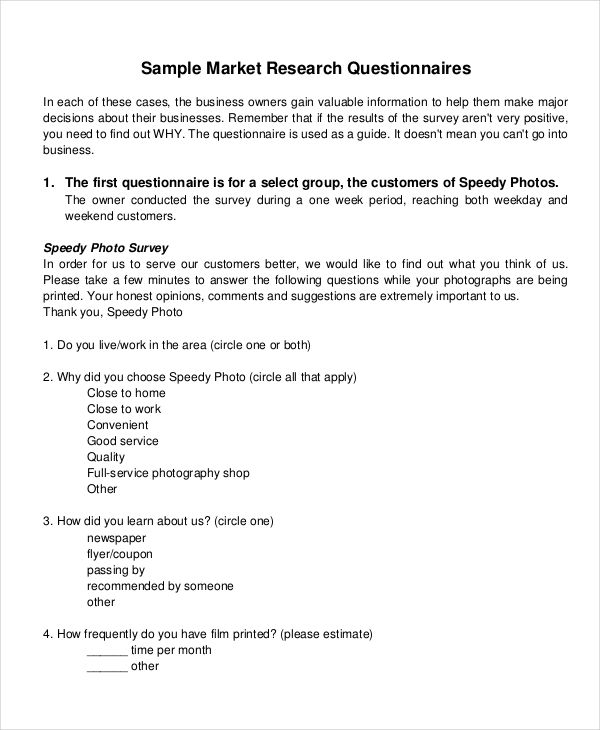
Imagine you're at a bustling farmer's market. The air is thick with the scent of ripe berries and freshly baked bread. Each vendor passionately pitches their produce, vying for your attention, but you're armed with a list. Not a shopping list, but a list of questions – carefully crafted inquiries designed to uncover the secrets to what makes one vendor's peaches sell out before noon, while another's sit untouched.
These questions, like the ones that guide successful farmers, are the cornerstone of effective marketing research. Understanding your audience, the market landscape, and the effectiveness of your strategies hinges on asking the right questions. It's about more than just collecting data; it's about gleaning insights that drive informed decisions and ultimately, business growth.
The Foundation: Understanding Your Customer
Before diving into specific marketing tactics, it's crucial to grasp the core of your business: your customer. What are their needs, desires, and pain points? What motivates their purchasing decisions?
Demographics and Psychographics
Start with the basics. What are the age, location, income level, and occupation of your target customer?
But don't stop there. Delve into their psychographics: their values, interests, lifestyle, and attitudes. This provides a richer, more nuanced understanding.
What social media platforms do they frequent? What are their hobbies? What causes do they support?
Needs and Pain Points
What problems are your customers trying to solve? What needs are currently unmet?
By identifying these pain points, you can tailor your product or service to offer a compelling solution.
For example, are customers frustrated with the lack of sustainable packaging options? Or are they struggling to find affordable, healthy meal solutions?
Customer Journey
Map out the customer journey, from initial awareness to purchase and beyond. How do customers discover your brand?
What touchpoints do they interact with? What are their experiences at each stage?
Understanding this journey allows you to identify areas for improvement and optimize the customer experience.
Analyzing the Market Landscape
Once you understand your customer, it's time to assess the external environment. Who are your competitors? What are the emerging trends? What are the regulatory challenges?
Competitive Analysis
Who are your direct and indirect competitors? What are their strengths and weaknesses?
How do their products or services compare to yours in terms of price, quality, and features?
Analyzing your competition helps you identify opportunities for differentiation and gain a competitive edge.
Market Trends
What are the emerging trends in your industry? What new technologies are disrupting the market?
Staying abreast of trends allows you to adapt your strategies and stay ahead of the curve. According to a report by Pew Research Center, understanding demographic shifts is crucial for anticipating future market demands.
For example, is there a growing demand for eco-friendly products or personalized experiences?
Regulatory Environment
What are the relevant laws and regulations that affect your business? Are there any upcoming changes that you need to be aware of?
Compliance is essential for avoiding legal issues and maintaining a positive reputation. The FTC provides resources for businesses to understand and comply with advertising and marketing regulations.
This includes data privacy, advertising standards, and product safety.
Evaluating Marketing Effectiveness
Finally, it's crucial to measure the effectiveness of your marketing efforts. Are your campaigns reaching the right audience? Are they generating leads and driving sales?
Campaign Performance
What metrics are you tracking to measure campaign success? Are you looking at website traffic, click-through rates, conversion rates, or social media engagement?
Analyzing these metrics helps you identify what's working and what's not, allowing you to optimize your campaigns for better results.
"What gets measured, gets managed," - Peter Drucker.
For instance, is your email marketing campaign generating a high open rate but a low click-through rate?
Return on Investment (ROI)
Are your marketing investments generating a positive return? How much revenue are you generating for every dollar spent on marketing?
Calculating ROI helps you justify your marketing budget and prioritize the most effective channels. Google Analytics is a powerful tool for tracking ROI across various marketing channels.
This allows you to make informed decisions about where to allocate your resources.
Customer Satisfaction
Are your customers satisfied with your products or services? Are they likely to recommend your brand to others?
Measuring customer satisfaction is crucial for building loyalty and driving long-term growth. Conducting surveys and monitoring online reviews can provide valuable insights.
Happy customers are your best advocates.
Asking the right marketing research questions is an ongoing process, a continuous cycle of learning, adapting, and refining. It's about cultivating a deep understanding of your customer, the market, and the effectiveness of your strategies. Like a seasoned farmer tending to their crops, asking the right questions will yield a bountiful harvest of insights, driving your business towards sustainable growth and success.
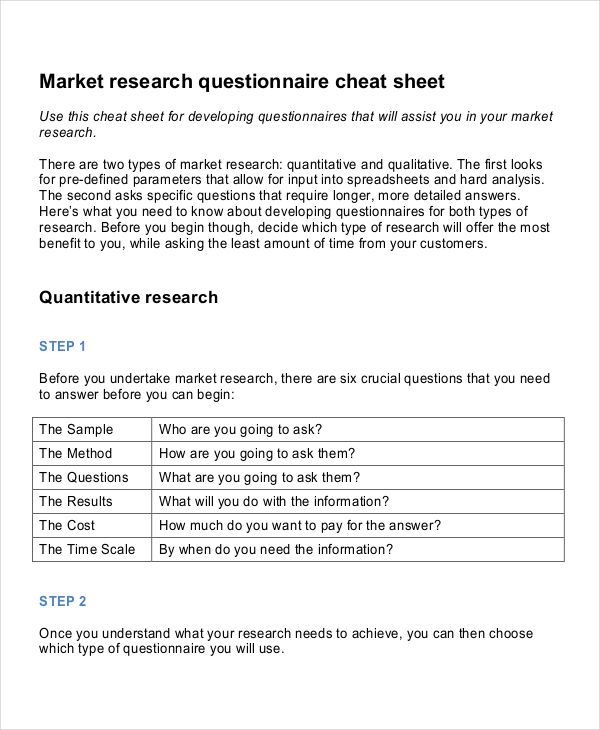

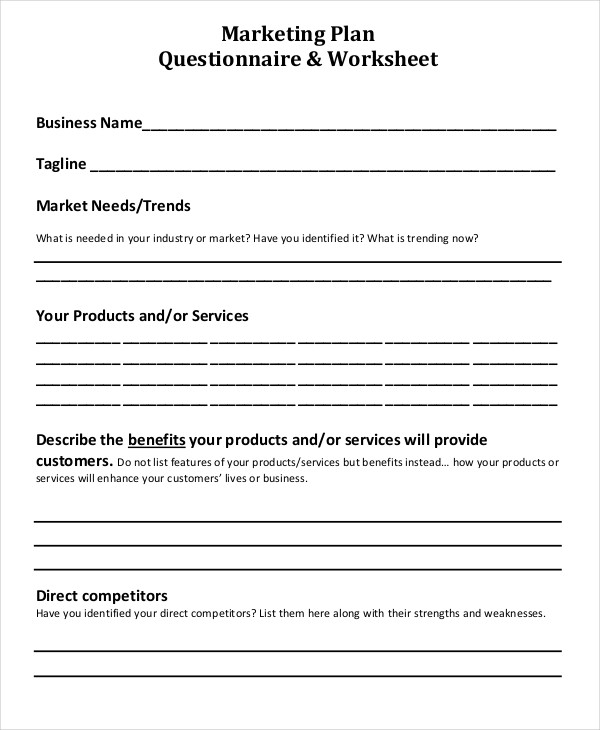


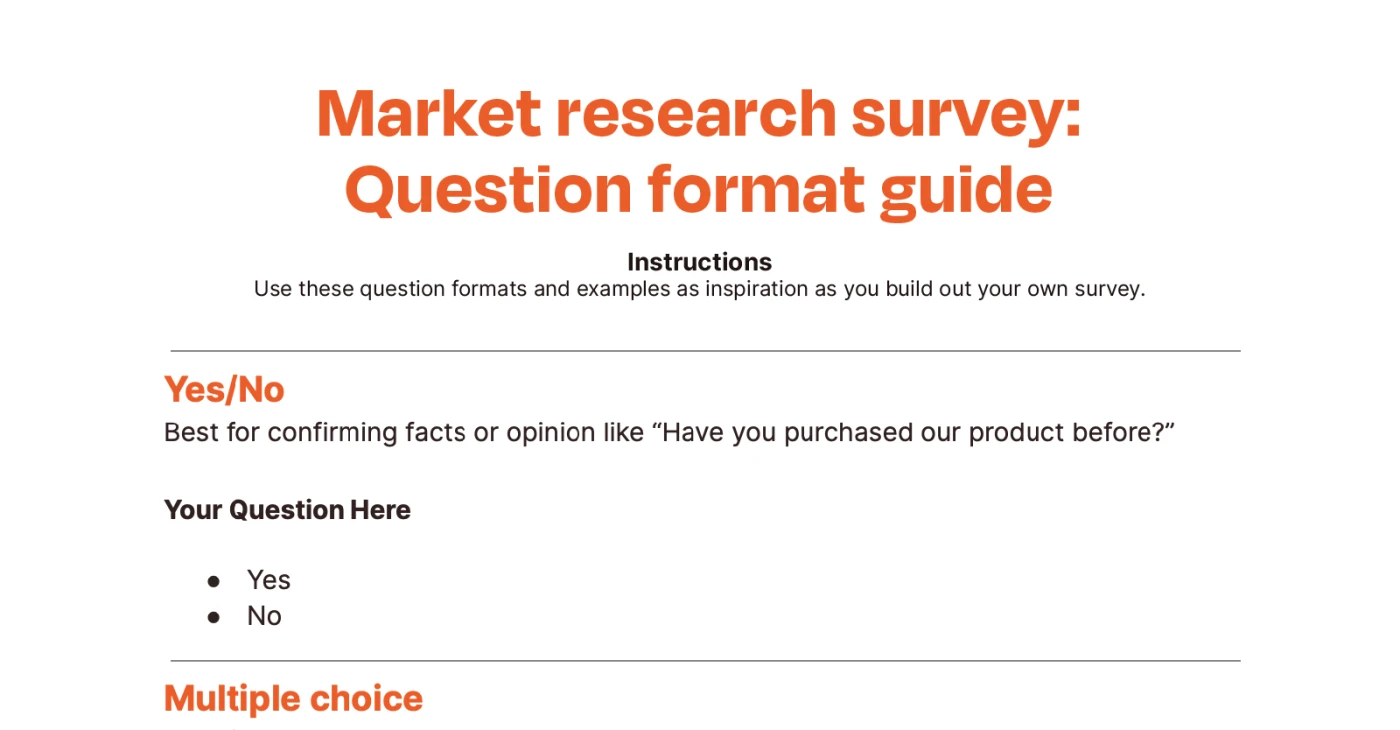





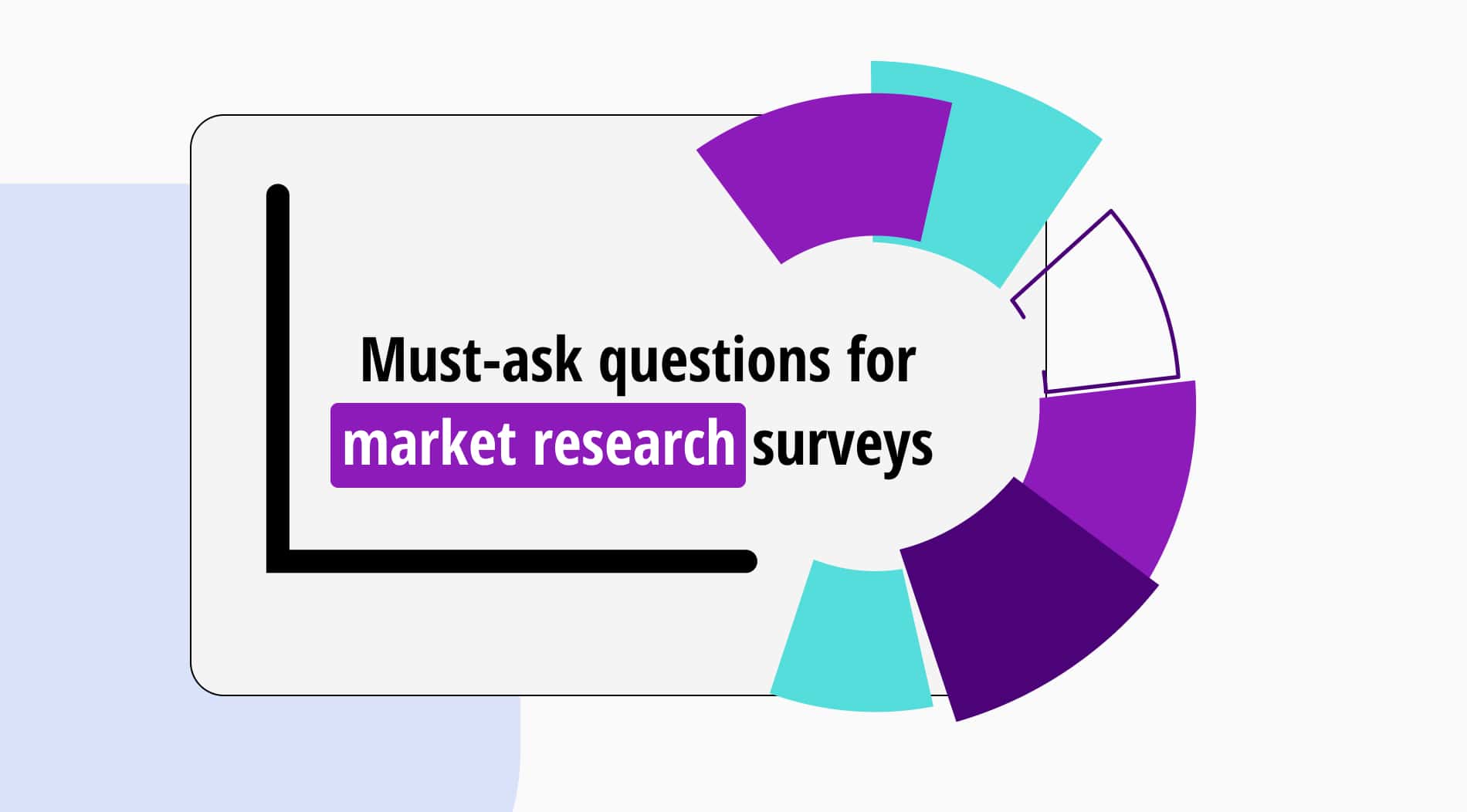



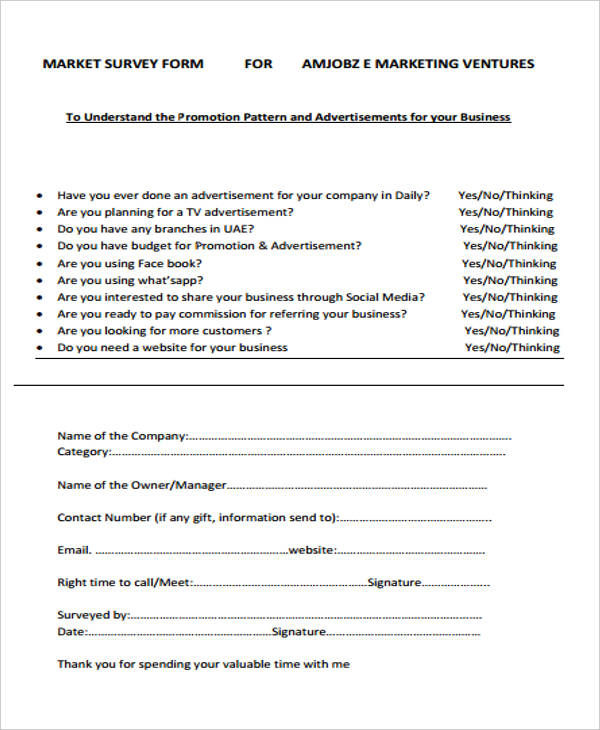
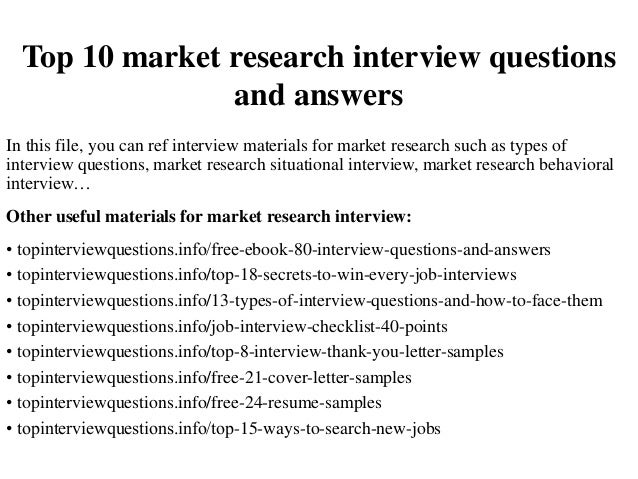
![Marketing Research Questions To Ask Market Research Questionnaire Template [Free PDF] - Google Docs, Word](https://images.template.net/5586/Free-Market-Research-Questionnaire.jpeg)
